US thoroughly filled in on Iran’s red lines, has yet to make ‘political decision’ in Vienna, Tehran says
Tehran says Washington and its European allies have yet to make a political decision on some major remaining issues in the Vienna talks on the revival of the 2015 Iran deal, stressing that the Islamic Republic’s red lines and positions have been made crystal clear to the other sides.
“What we did in [recent] days was that we tried to fully clarify to the Western side the Islamic Republic of Iran’s red lines, logic, and reason, as well as [its stance] on how to resolve these issues,” Iranian Foreign Ministry spokesman Saeed Khatibzadeh said at a weekly press conference in Tehran on Monday.
He added, “We are now at a point where we think there isn’t any ambiguity for neither Washington nor Europe about these red lines … We strongly expect the other side not to prolong the talks any further.”
The Iranian diplomat said that Iran’s chief negotiator Ali Bagheri-Kani flew back to Tehran last week for a short break for consultations.
Khatibzadeh went on to highlight that a draft deal has been prepared, which needs to be carefully and thoroughly studied by Iran.
“A draft deal has been prepared and it was necessary to examine the draft carefully. Some issues still remain, and Mr. Bagheri needed instructions to negotiate with the other sides. Unfortunately, the West and the United States have yet to make a political decision on three or more main issues,” he said.
The spokesman stressed that “more than 98% of the draft has been jointly written, and what remains are some issues that need to be addressed.”
“We have had discussions on the removal of sanctions, guarantees, and some political claims about Iran’s peaceful nuclear activities,” Khatibzadeh explained.
He said the Islamic Republic will not accept anything beyond the 2015 agreement, officially known as the Joint Comprehensive Plan of Action (JCPOA), blaming Washington for the status quo.
The spokesman said the United States has to give concrete guarantees with regard to its commitments under the JCPOA.
The US unilaterally left the JCPOA in 2018, and re-stored the sanctions that had been lifted under the accord. Washington’s European allies in the deal—France, Germany, and the United Kingdom—have been toeing the sanctions line closely by ending their trade activities with Iran.
The Vienna talks began last April between Iran and the remaining parties to the JCPOA on the assumption that the US, under the Joe Biden administration, is willing to repeal the so-called maximum pressure policy pursued by former president, Donald Trump, against Tehran.
Iran says it won’t settle for anything less than the removal of all US sanctions in a verifiable manner. It also wants guarantees that Washington would not abandon the agreement again.
On February 20, an overwhelming majority of Iranian legislators issued a statement, calling on the administration of President Ebrahim Raeisi to adhere to Iran’s red lines as the talks inched forward in Vienna.
They said the US government and its European allies had shown that they were not bound by any agreement over the past few years, so Iran was obliged to learn from the experience and set out clear red lines.
The red lines, according to the lawmakers, include guarantees by the US and the three European signatories of the JCPOA that they would not abandon a potential agreement again and seek recourse to “the snapback mechanism,” which would reinstate the UN Security Council’s sanctions against Iran. They also asserted that all sanctions imposed under “false excuses” have to be removed.
UK arrests Press TV contributor amid crackdown on pro-Palestine activism
VIDEO | Axis of Resistance stands as multinational front for justice
Swiss academics call for end to research treaty with Israel over Gaza genocide
VIDEO | Israeli regime harasses, tortures Gazans returning through Rafah crossing
Israel faces existential threat of internal collapse before centenary, general says
Police fire tear gas as protests erupt against ICE and Israel at Milan Winter Olympics
UK PM’s chief of staff resigns over appointment of Epstein associate as US envoy
Iran leads Islamic world in electric vehicle motor technology


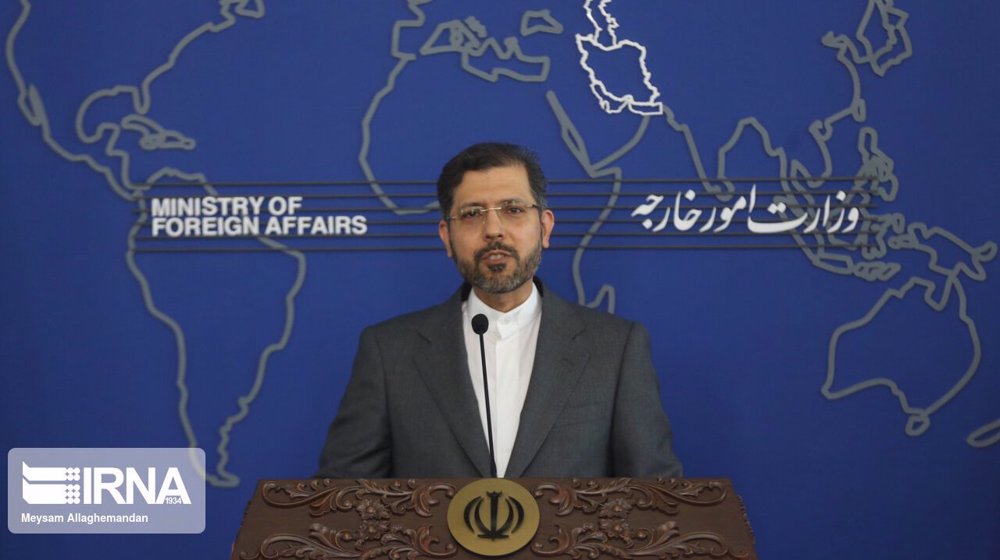
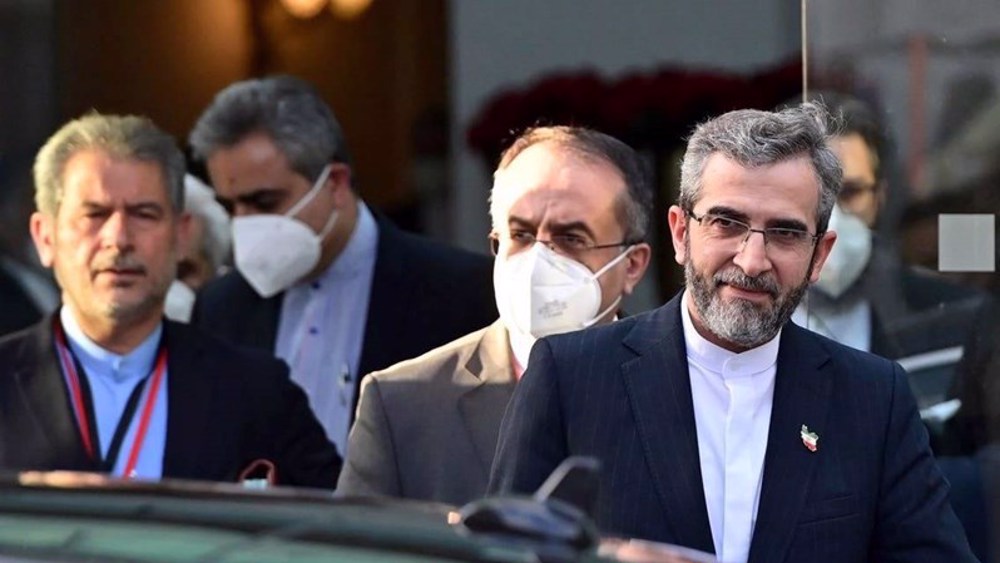
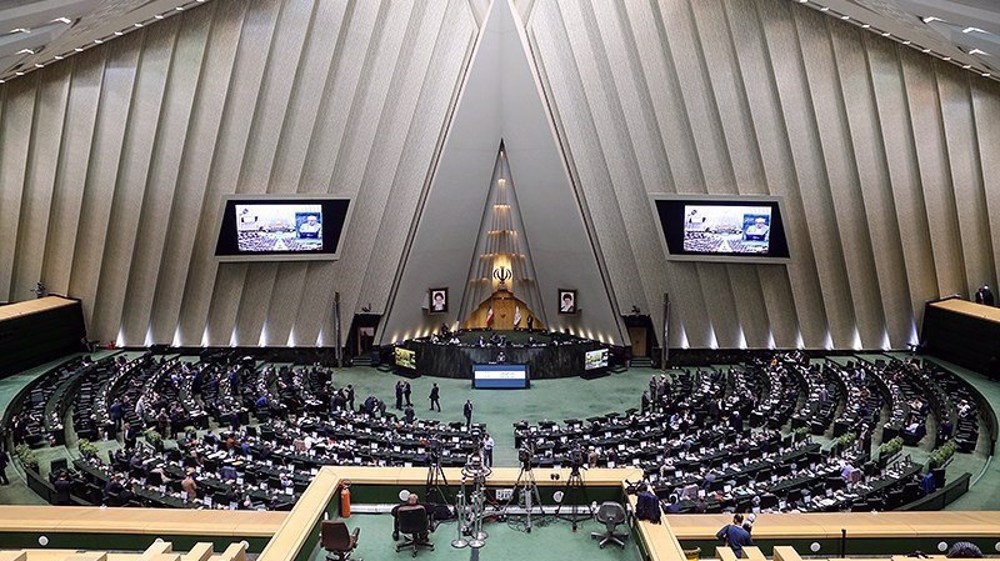
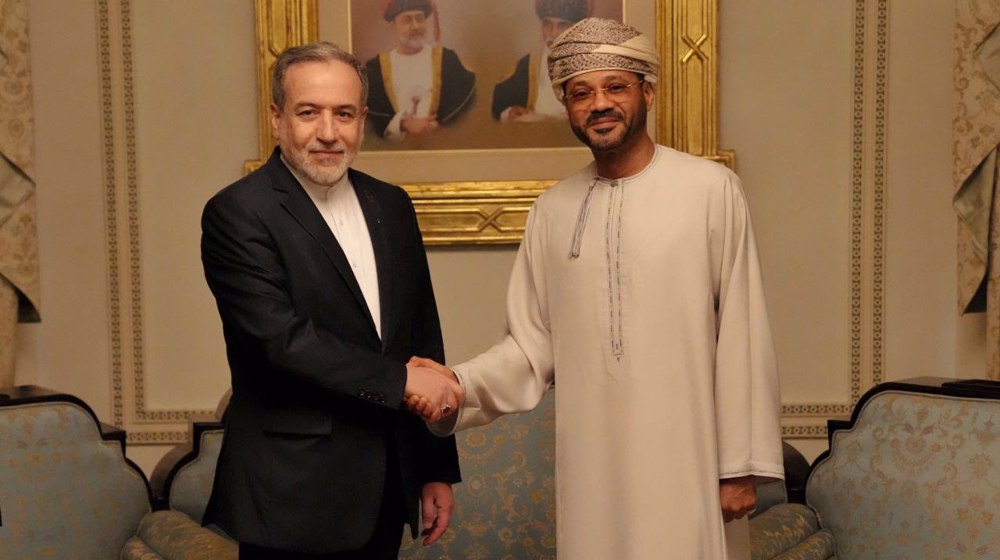
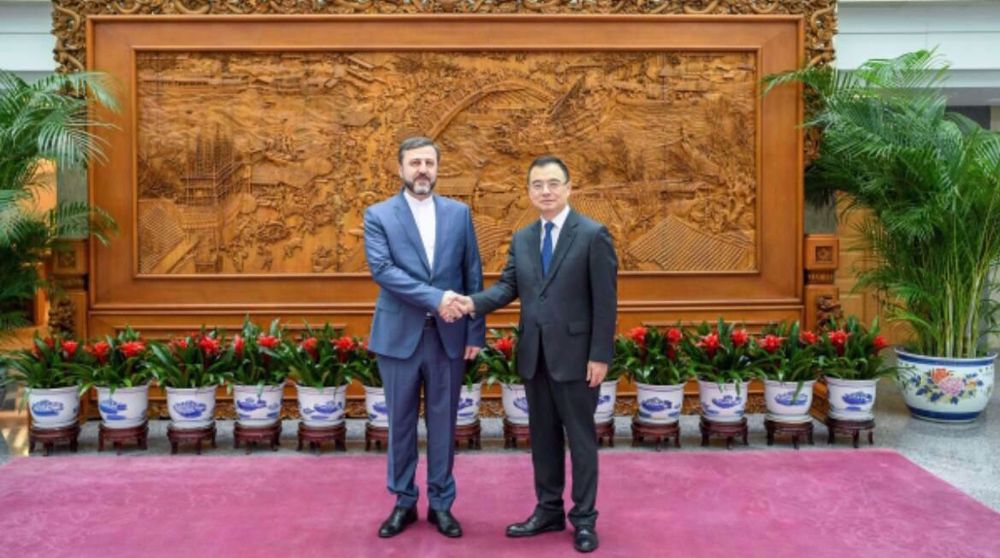
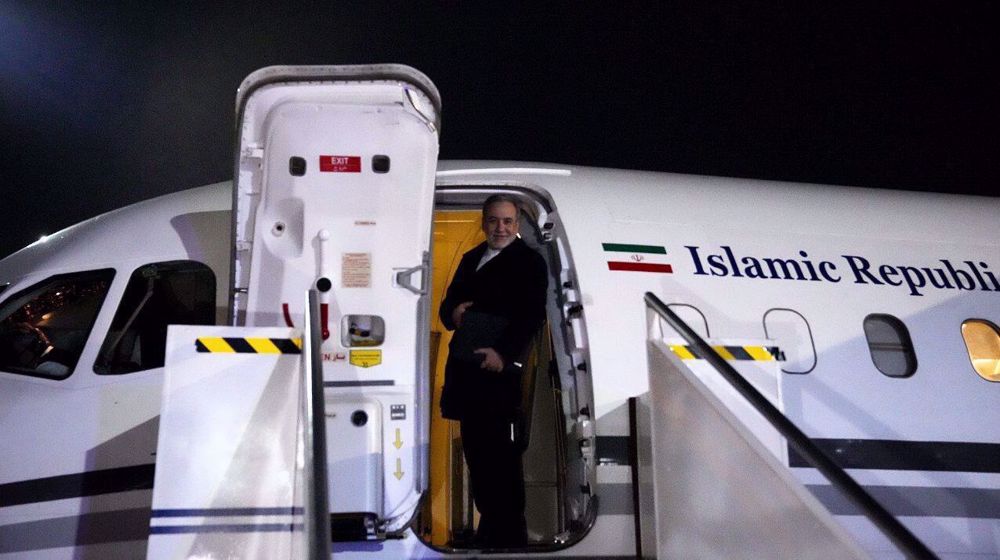



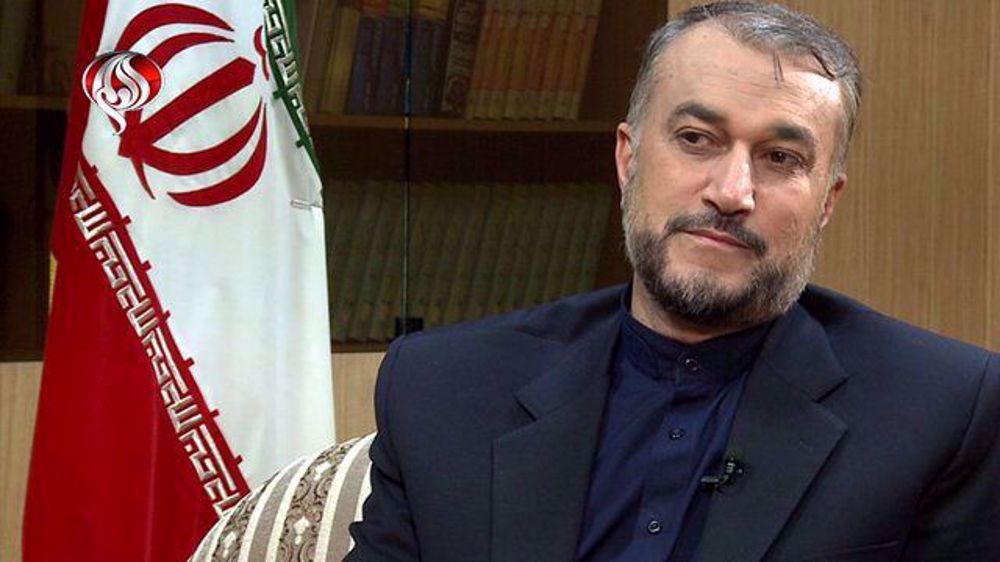
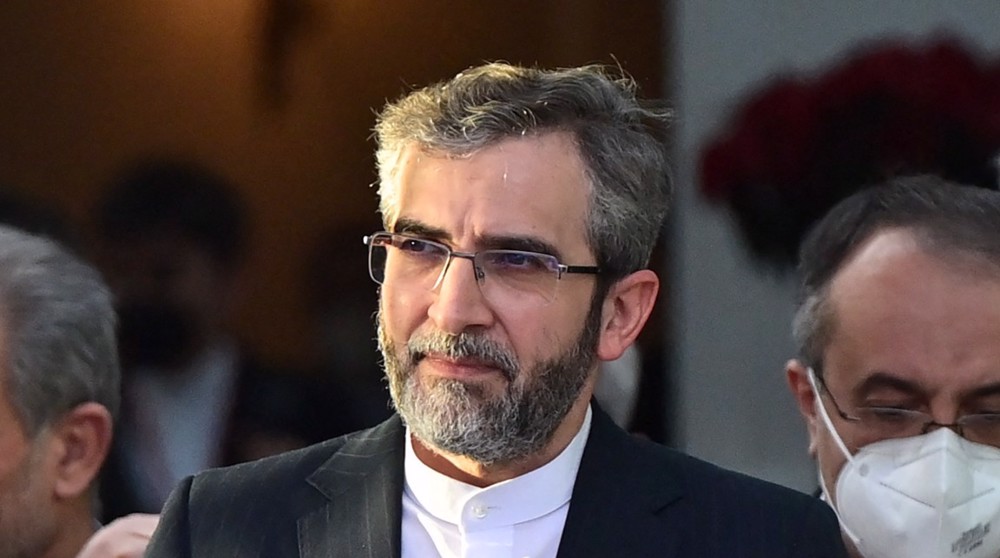
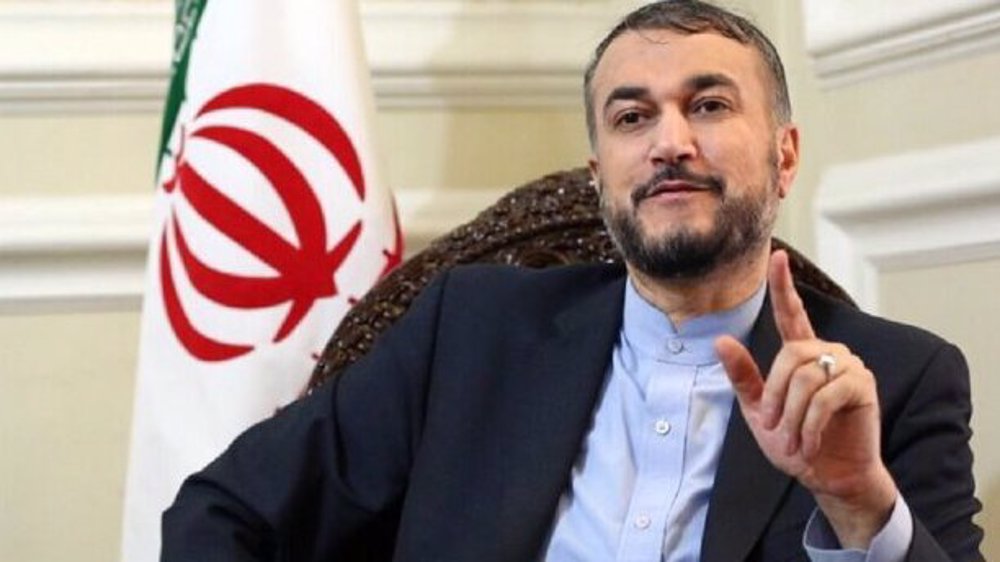
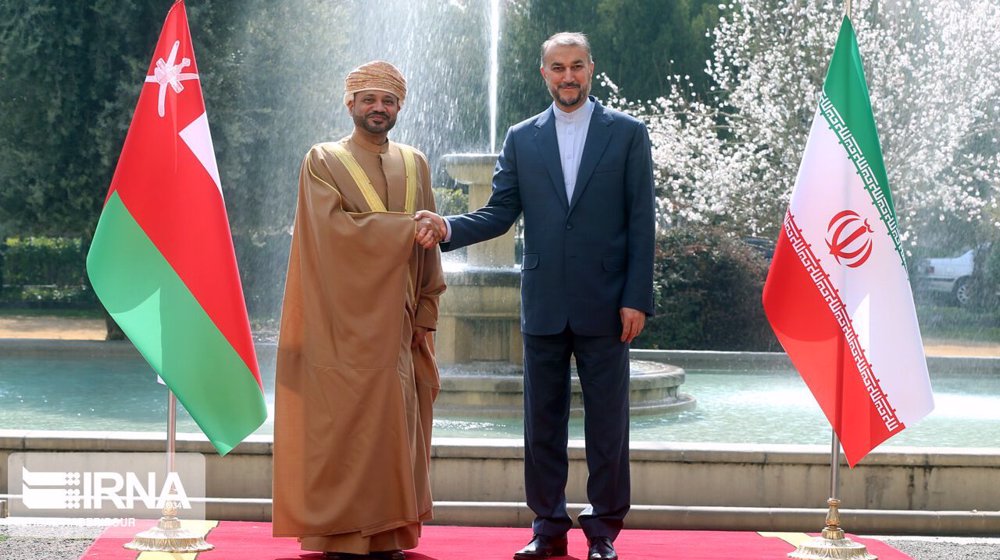
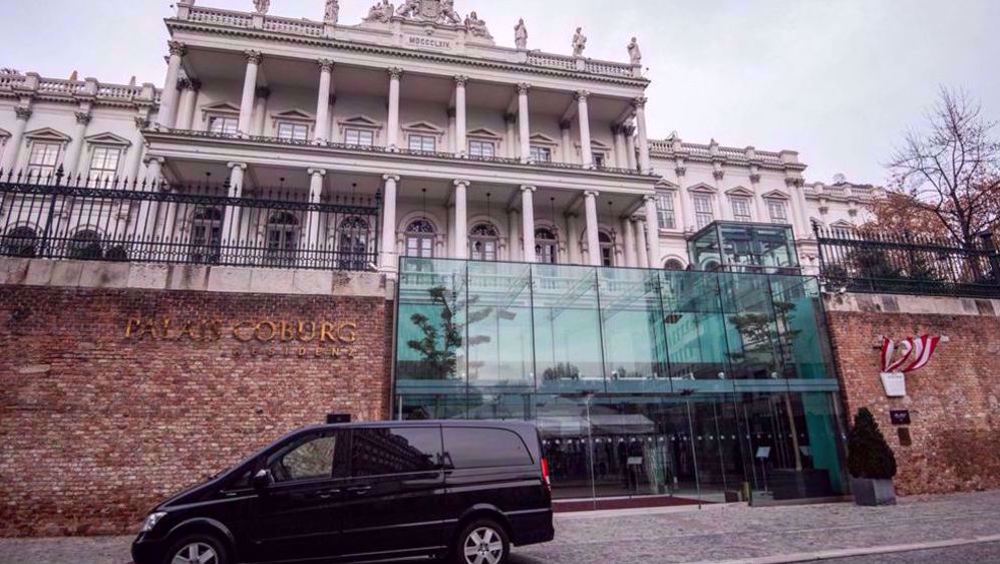
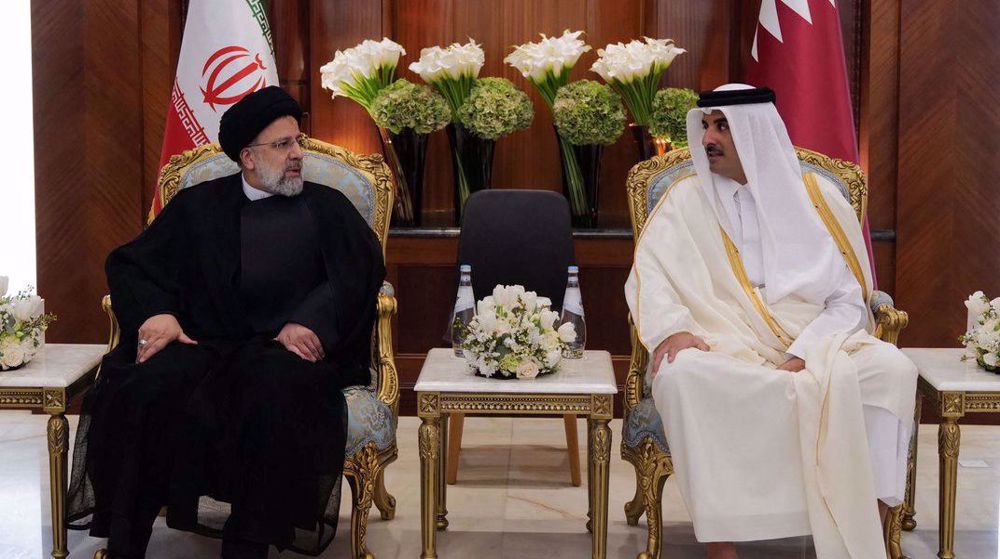
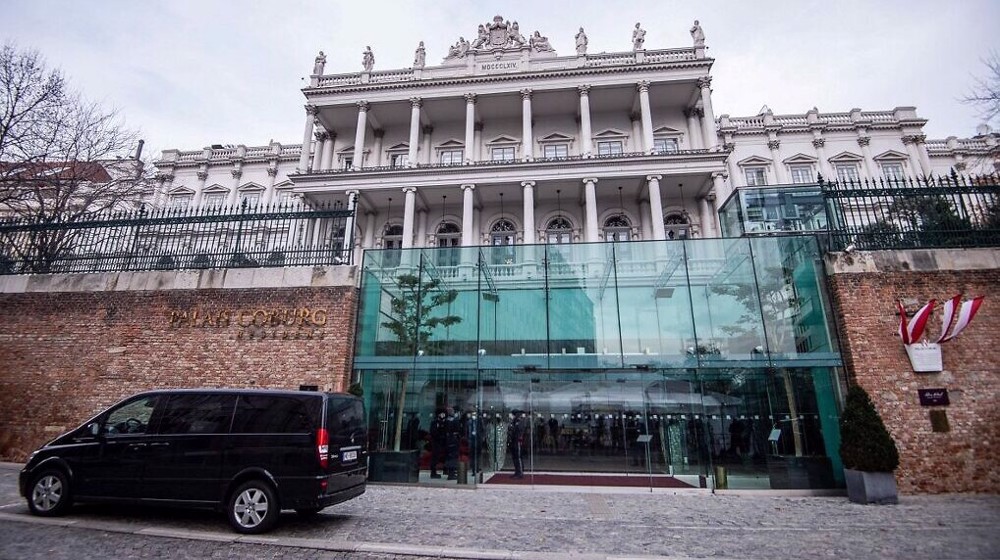
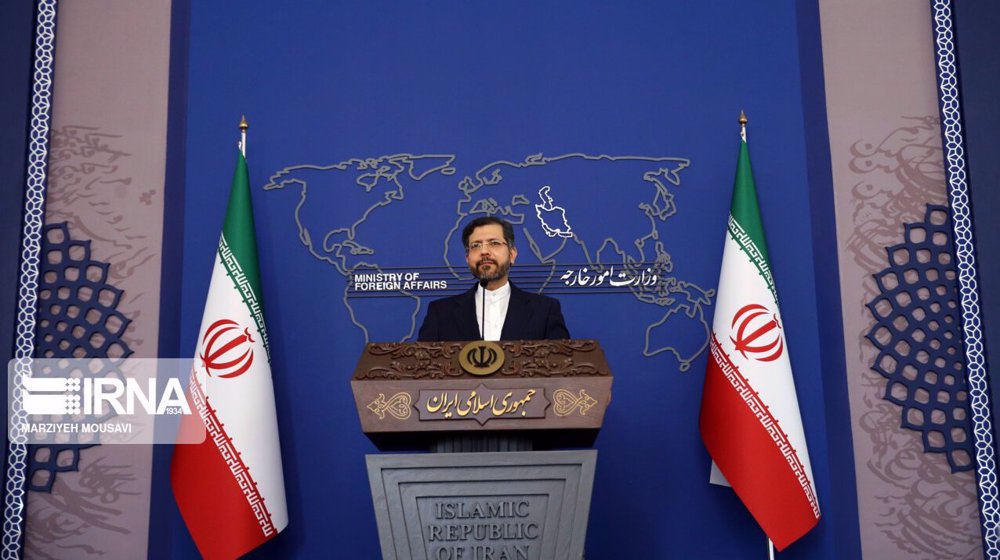

 This makes it easy to access the Press TV website
This makes it easy to access the Press TV website